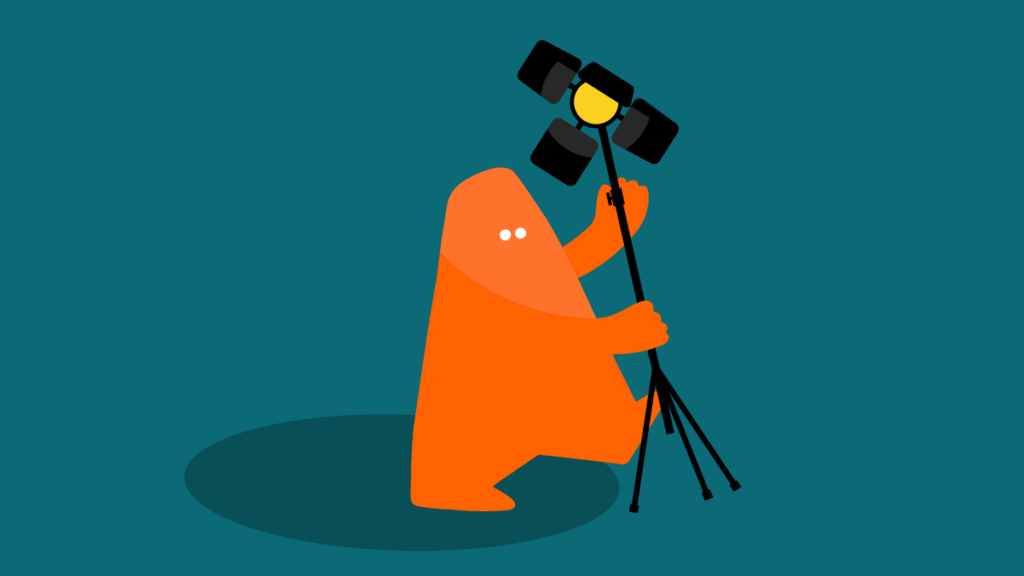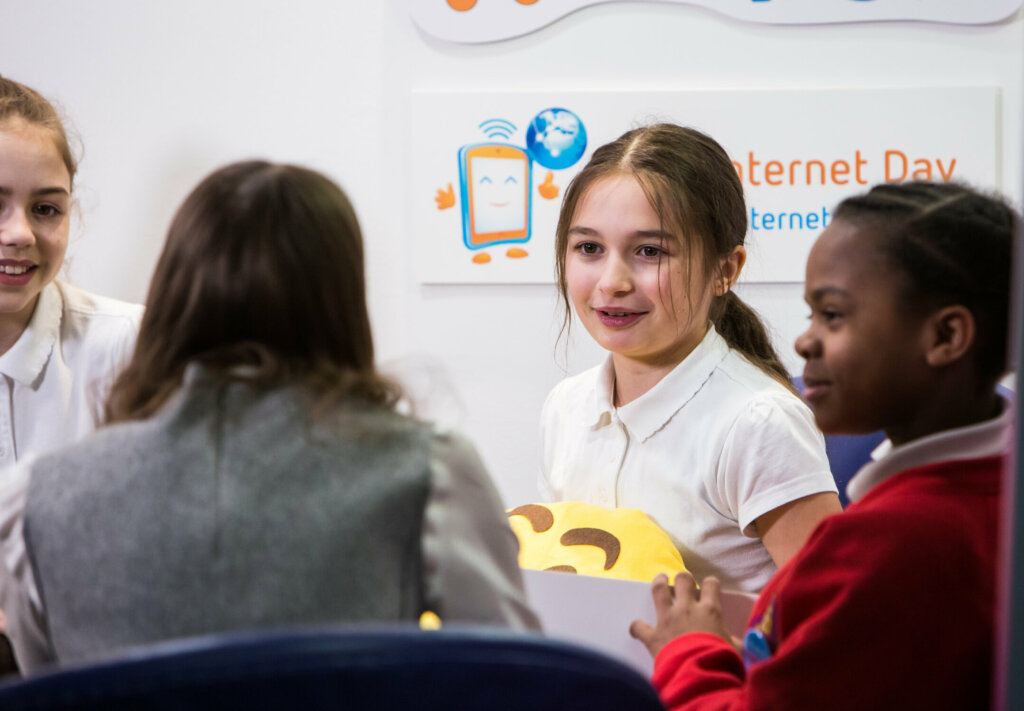Over half of 11-16 year olds exposed to online pornography.
Today the Office of the Children’s Commissioner for England, the NSPCC and Middlesex University launched a new report, ‘I wasn’t sure it was normal to watch it’, a Quantitative and Qualitative Examination of the Impact of Online Pornography on the Values, Attitudes, Beliefs and Behaviours of Children and Young People.
Research has been conducted with over a thousand young people aged 11-16, including online surveys and focus groups, exploring their exposure to pornography and feelings towards it, as well as the impact of pornography upon their wellbeing and attitudes.
Exposure to online pornography
Over half (53%) of the 11-16 year old respondents reported that they had been exposed to online pornography, rising from 28% of 11-12 year olds to 65% of 15-16 year olds who reported seeing pornography.
Of these, the majority, 28%, reported viewing online pornography for the first time accidentally (e.g. via a pop-up advert), 19% reported having online pornography shown to them by someone else without asking for or expecting it, and 19% searched for it on their own.
Older children and boys are more likely to have seen pornography. The data in this research indicate that 40% of girls have been exposed to online pornography, compared to 56% of males. The gender difference is even wider when you look at intentional seeking of pornography, with 59% of males and 25% of females reporting actively searching for pornography.
How young people feel about pornography
On first viewing pornography, young people were most likely to report that they felt curious (41%), shocked (27%), confused (24%) or disgusted (23%). However, for those who continue to view pornography, those children become less anxious or disgusted and more likely to report feeling aroused or excited.
“At first I wasn’t sure it was normal to watch it, my mates have talked about watching it so I don’t feel bad watching it now” (Male, 15-16)
“Because young people are now open to seeing this kind of stuff you get used to it so it’s not as shocking but is still think it’s disgusting and degrading” (Female, 13-14)
Impact of pornography
- Pornography can give young people ideas about the type of sex they want to try: 42% of 15-16 year olds said that pornography has given them ideas of sexual practices that they would like to emulate.
- Just over half of boys (53%) believed that the pornography they had seen was realistic compared to 39% of girls. A number of girls said they were worried about how porn would make boys see girls and the possible impact on attitudes to sex and relationships.
“It can make a boy not look for love just look for sex and it can pressure us girls to act and look and behave in a certain way before we might be ready for it” (Female, 13)
Sexting
The research found that only 13% of young people have taken a topless picture of themselves and 3% a fully naked picture. 41% kept these images to themselves, while 55% shared them with others. Of those who shared the images with someone, the majority knew the person they sent it to, but 31% sent it to someone that they do not know.
Coercion plays a role for a significant minority of young people. Of the 135 young people who reported self-generating naked or semi naked images, 69% reported that they wanted to do so, although 20% did not.
Education and support
In the online focus groups delivered as part of this research there was a consensus among young people about the importance of education and the need for it to be relevant and engaging.
“Once our teacher did a lesson about sexting and made us come up with a rap about the dangers – we worked it groups and it was a fun lesson with a positive outcome; I think a similar thing could be done with porn” (Male, 15)
Next steps
Will Gardner, CEO of Childnet and Director of the UK Safer Internet Centre, said:
“With half of young people aged 11-16 years old reporting seeing online pornography, it underlines the importance of continued efforts to both reduce the chances of children being exposed to online pornography and to equip them with the critical thinking skills and resilience to reduce the negative impact of any exposure.”
“This can only be achieved by all of us working together, and education is a key part of this. There is a clear need for schools to deliver good quality, age-appropriate SRE that addresses children’s exposure to online pornography. Parents have a crucial role to play here too, and at Childnet and the UK Safer Internet Centre we have worked with young people to develop advice for parents of children of all ages about having a conversation about pornography, as well as advice about setting up parental controls. We are committed to continue working to support children and their parents and schools around this issue, and we welcome continued collaboration by all sectors in this space.”


